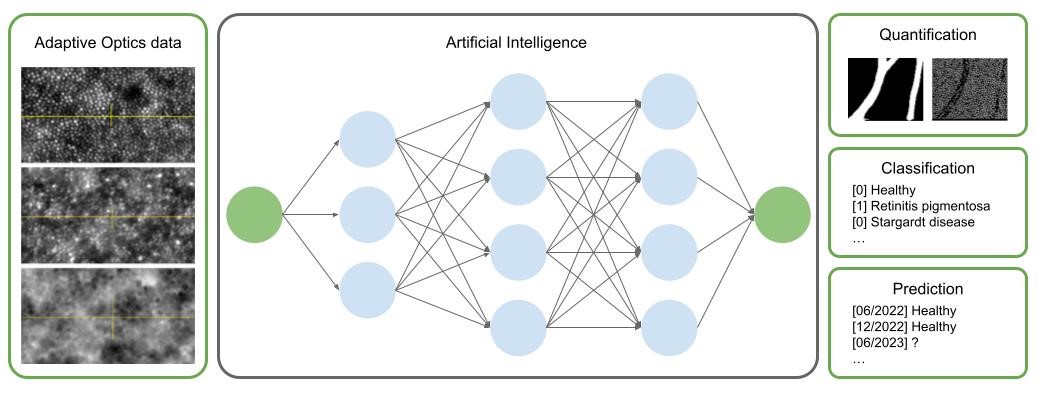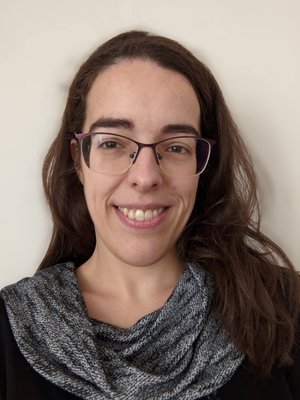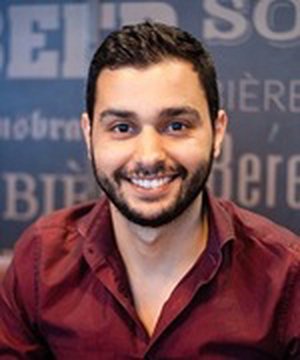About the research topic
The goal of AO-Vision is to improve the management and detection of inherited retinal diseases. To that end, the consortium will develop artificial intelligence techniques that can be applied to adaptive optics images. This project will combine the expertise of the Erasmus MC in both ophthalmic research and artificial intelligence, with that of Imagine Eyes, a leading pioneer in high-resolution ophthalmic imaging. Imagine Eyes has commercialised the first and only medical device able to image retinas at cellular resolution. This device will be used to acquire images of patients with retinal dystrophies that will be labeled accurately by the EyeNED Reading Center. Furthermore, the images will be processed using image processing and AI techniques to achieve objective quantifications, increasing the insight into the aforementioned diseases.
Inherited retinal diseases are rare, but cause severe visual damage to the patient. They usually start at a young age, and they affect the cells in charge of the vision, the retinal photoreceptors, which are damaged and eventually lost, leading to blindness. Given their impact on patients and carers, a number of clinical trials are currently ongoing, with the goal of curing or, at least, slowing down the disease progression. However, images used in current clinical practice do not have sufficient resolution to observe changes at cellular level. Besides, even when data is available, it is time-consuming and difficult to analyse changes over time.
Adaptive Optics flood illumination images obtained in this project will enable the observation of human photoreceptors in-vivo. Furthermore, image processing automatic algorithms will ensure objective and fast quantification of cell quantity, shape, or distribution. This will enable the use of the proposed approach in clinics, not only for analysing the general progression of the disease, but also to assess the effect of medication in an objective and accurate manner.

Funding: TKI Health-Holland PPP match call



